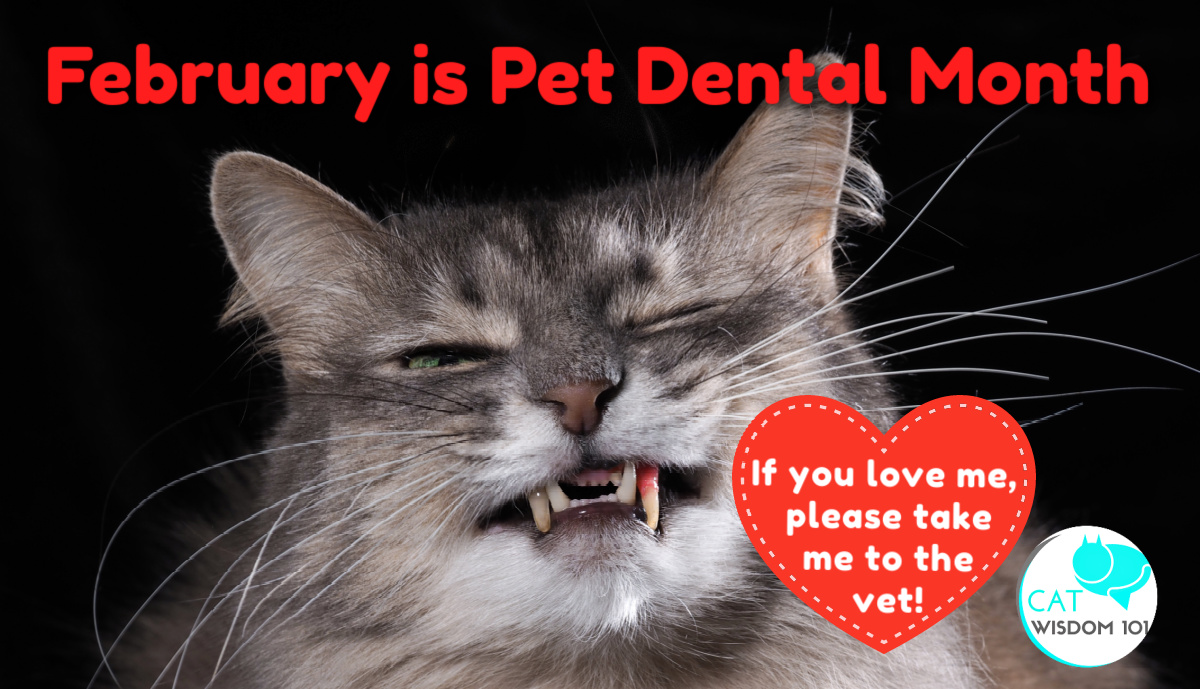
Prevent Feline Pain: Pet Dental Month
Prevent Feline Pain: Pet Dental Month by Layla Morgan Wilde
February is Pet Dental Month and while I blog about it every year, this year is personal. My favorite past posts I think will help include:
Merlin’s Visit to a Veterinary Dental Specialist
Vet 101: Senior Cat Dental Health
Vet 101: Feline Heart Murmurs and Dental Cleaning
Smile and Show The Love: National Pet Dental Month
February is most noted for Valentine’s Day and that’s now extended to include our precious kitties. I can’t think about a better way to show our cats love but with a dental vet visit. I chose this Shutterstock image because if you look closely, the beautiful cat has periodontal issues. I can only hope she got the care she needed.
A little humor before we start but we all know dental pain is no laughing matter.
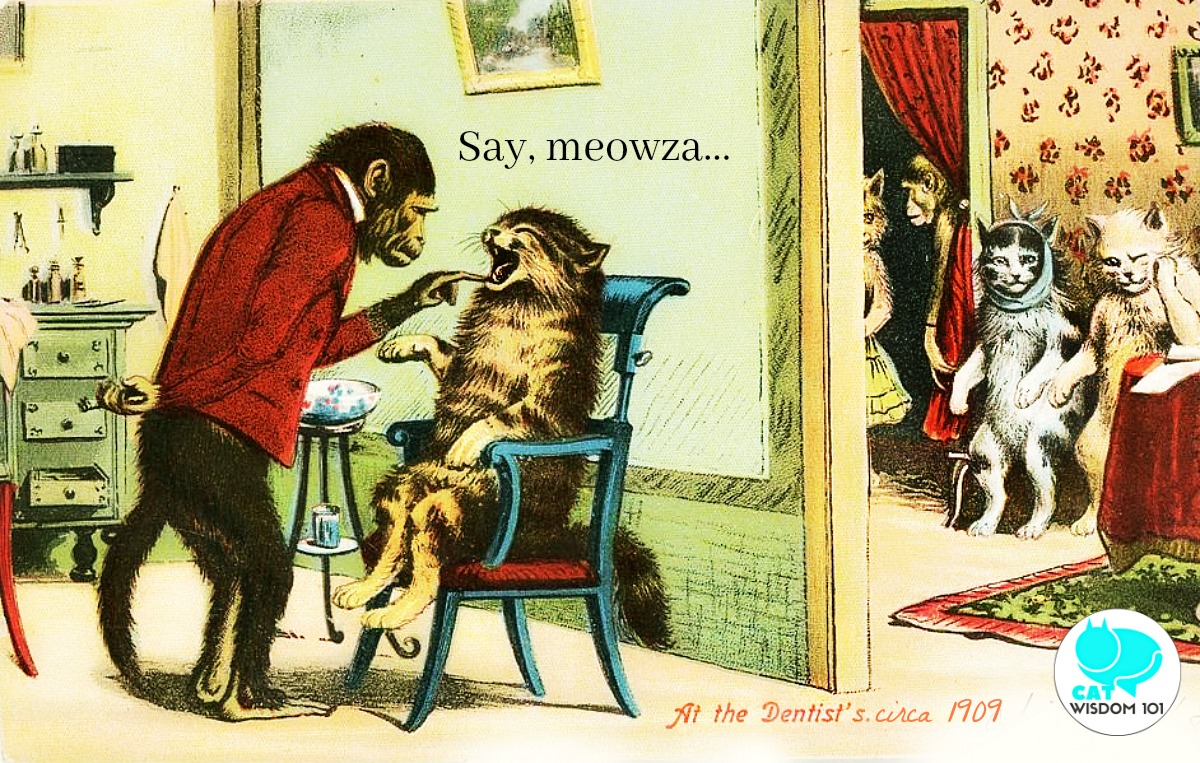
Millions of cats will experience dental pain and most will suffer in silence. It doesn’t have to be that way. If you’ve ever felt the excruciating pain of a toothache, you’ll want to read on. Over the past two years, I’ve seen a number of dentists and surgeons to replace old crowns, fill cavities that perversely spring up from dry mouth, correct old work with laser surgery while battling dental phobia. I finally found an amazing dentist who helped me conquer my fear. It wasn’t cheap but it was worth it.
During my many dental adventures I often thought about cats past and present and their dental woes. It’s too easy to be in denial about what goes on in a cat’s mouth. Out of sight is out of mind until it’s an emergency is not the best philosophy.
While all dentists are trained to perform dental exams, treatments and surgery, there are a few (we need more!) feline veterinary dental specialists.
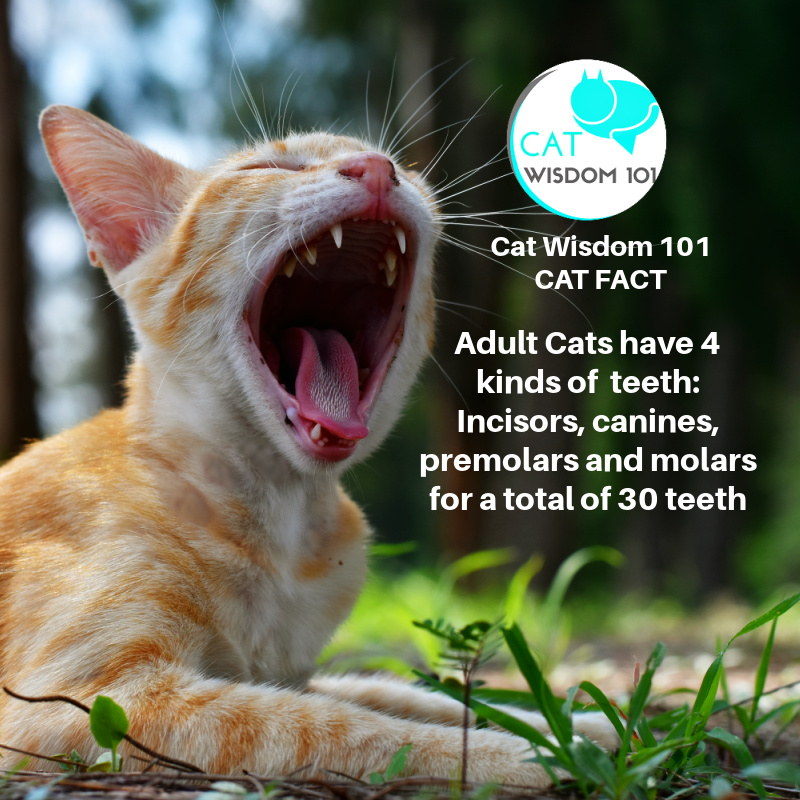
Both humans and pets not only suffer from dental disease but if untreated can become systemic impacting other organs like the heart and kidneys. The shocking truth is 70% of cats over the age of 3 have some kind of dental disease. That number goes up year by year. Chances are a grumpy, older cat isn’t being difficult, they are probably in pain. It’s not a surprise that there is a link between the high rates of dental and kidney disease in cats.
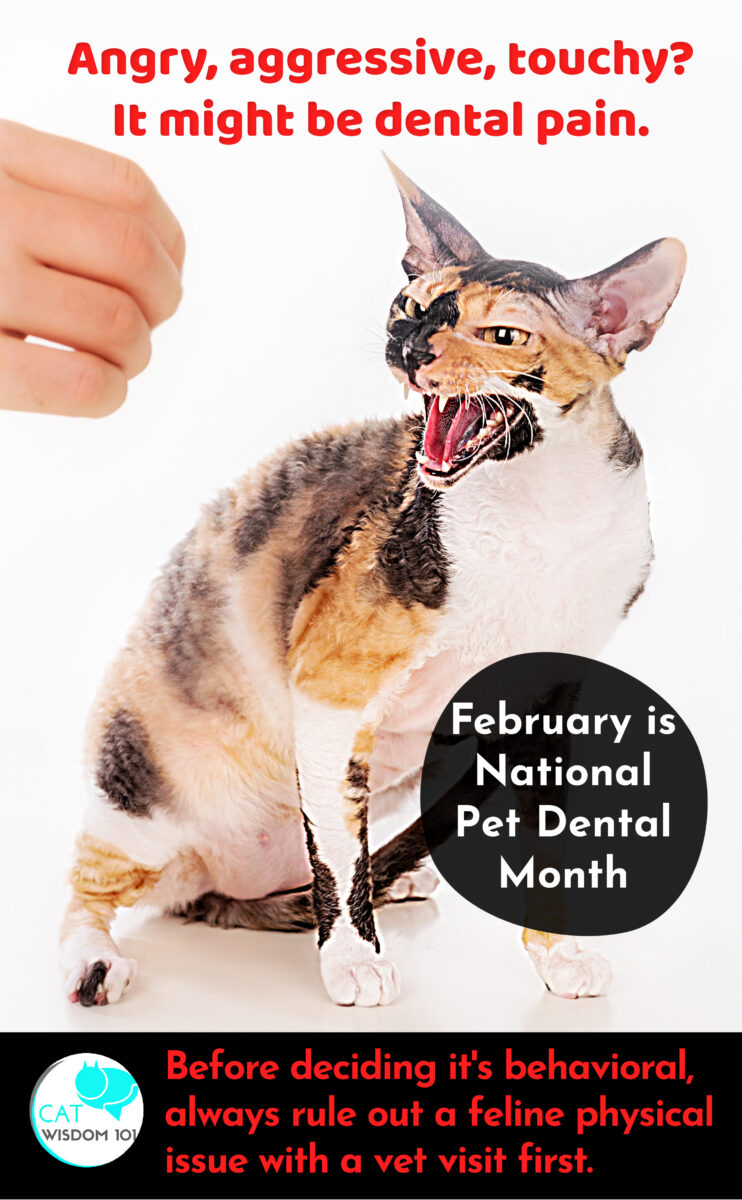
The thing I love about a cat’s yawn is how open and wide it is. It offers a good chance to peek inside especially in a bright sunny room. But without a proper exam it’s hard to know how healthy your cat’s teeth are. We may not be vets but we live with and observe our cats every day. I’m asking you to take time to observe your cats behavior a little more closely.
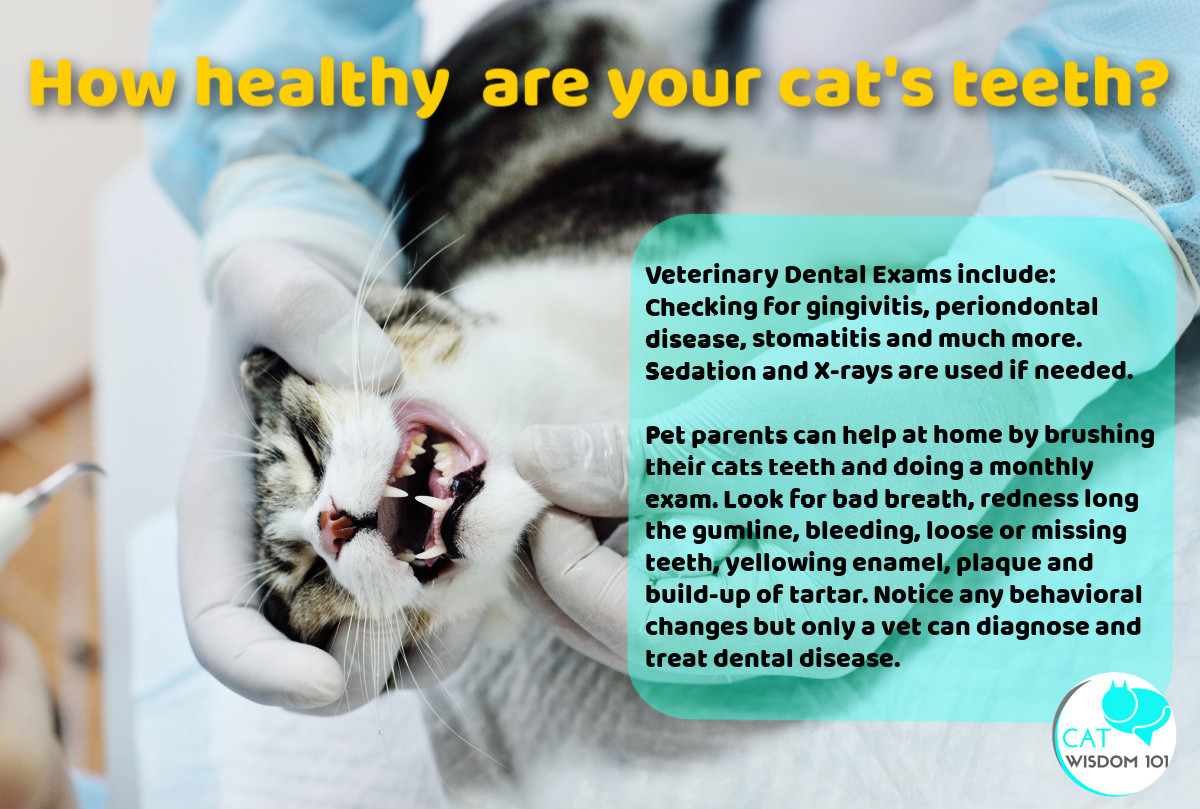
This is a sample feline dental chart outlining the teeth numbering system, exam findings and treatments. Look at the deep roots of the canines. There is no doubt cats are obligate carnivores born to tear meat apart.
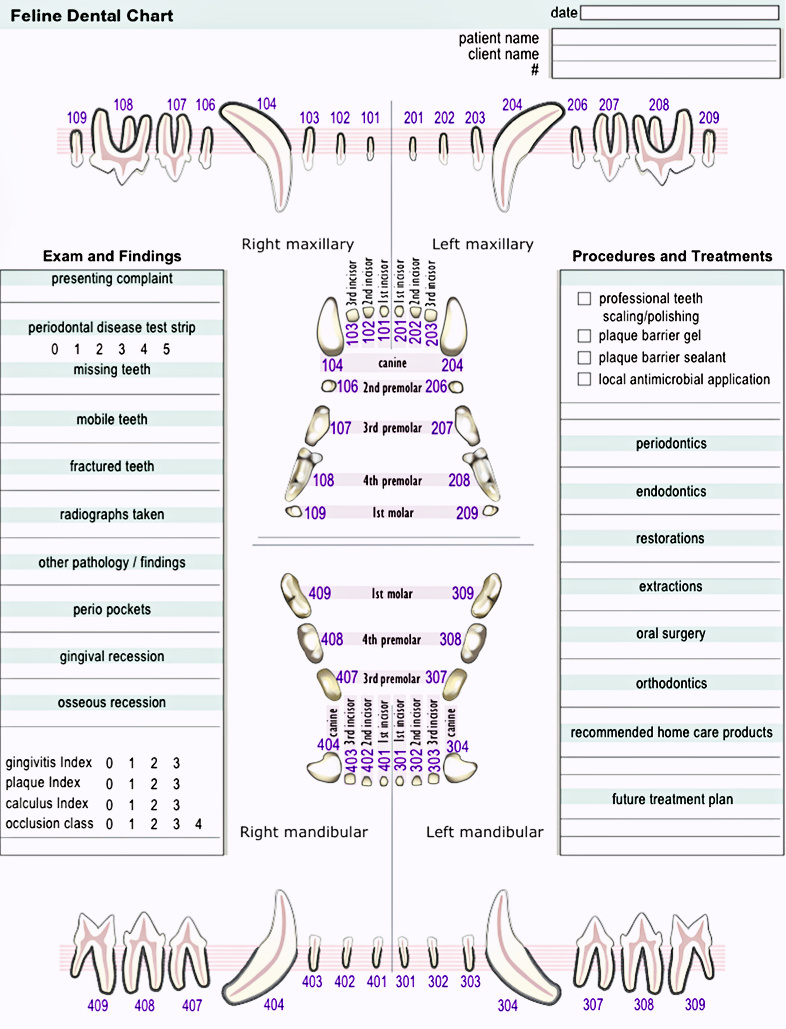
Cats are masters of hiding any kind of illness. It’s a survival instinct. Is your cat like Odin? He is not an especially good patient but never aggressive. Of course he thinks he’s fine but at his latest visit, he actually was. He had only a small about tartar and didn’t need a cleaning this year. Odin is 11 but he’s an exception.
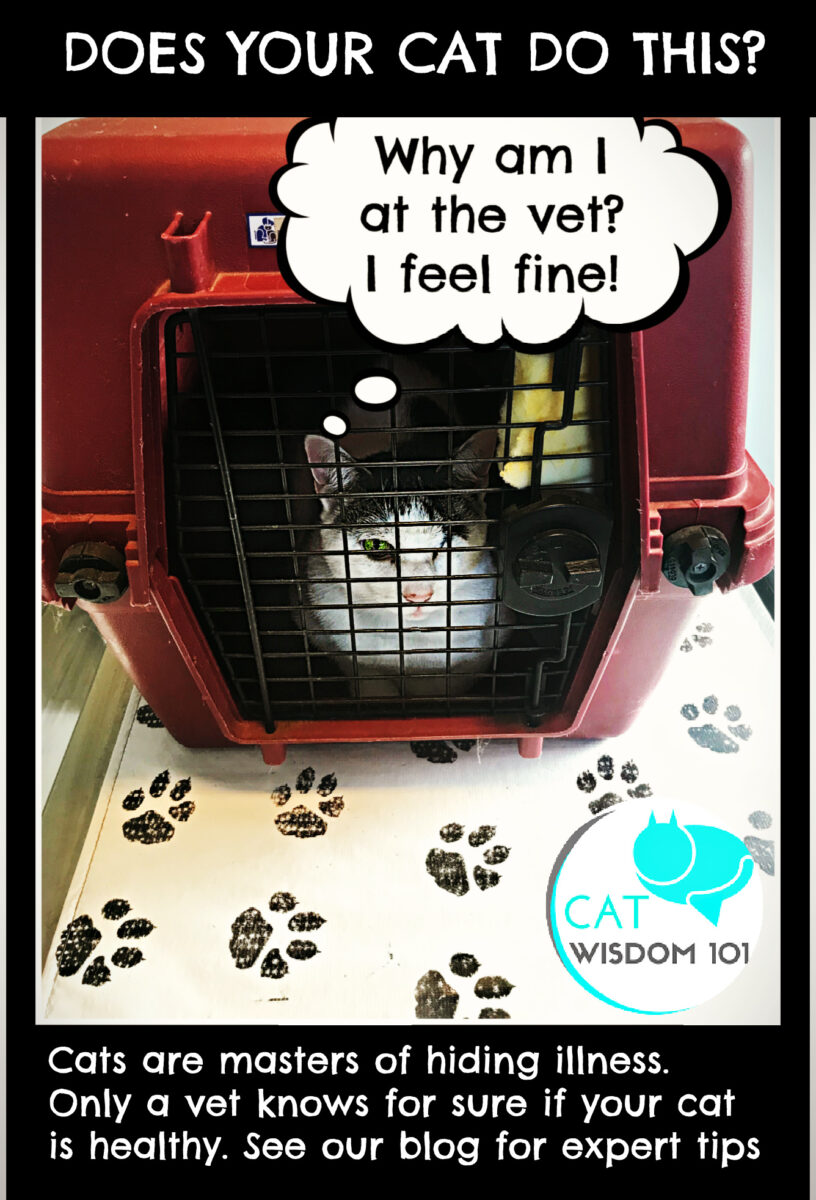
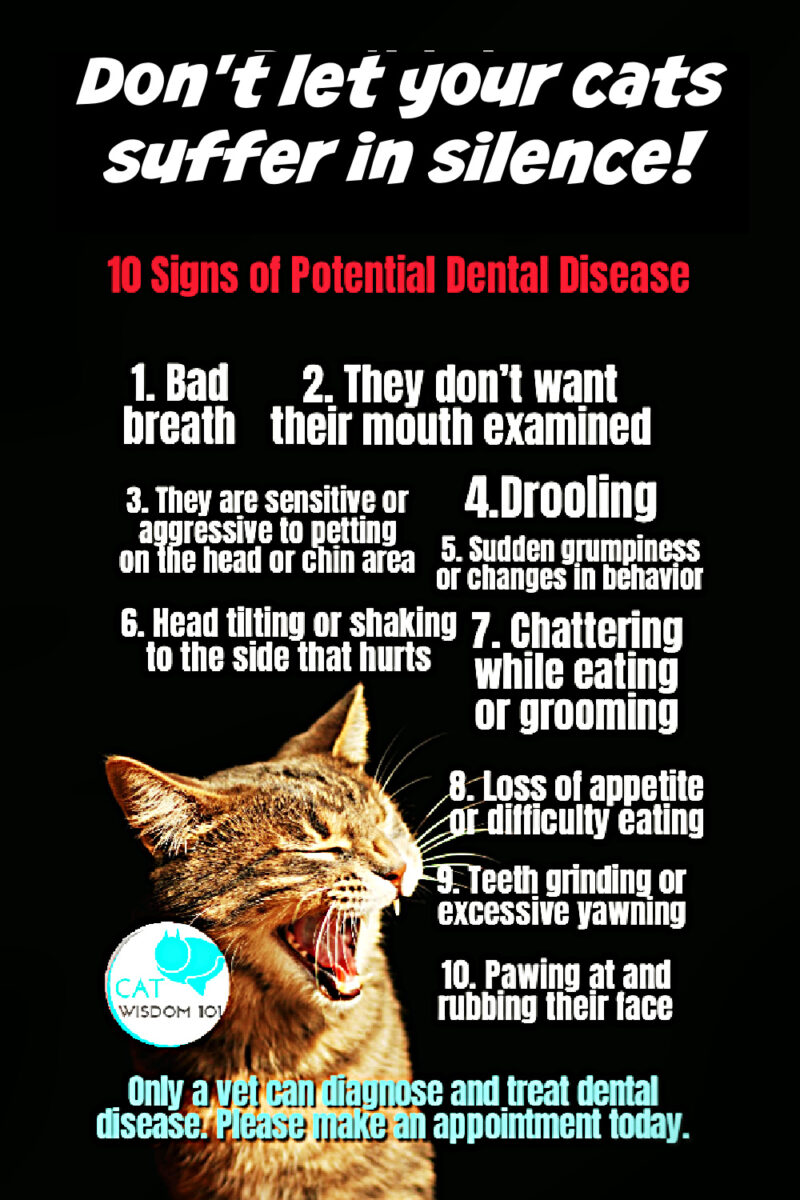
My most valuable takeaways from writing about feline dental health and personal experience.
- Every cat will exhibit different symptoms or behavior of pain or discomfort. Don’t take anything for granted.
- Try to at least examine the gum line monthly for increased tartar, redness or inflammation.
- I have not had much luck with brushing. The tools are simply too large and invasive.
- Dental wipes which wrap around a finger and don’t require toothpaste are an option.
- I find oral sprays invasive as well. Water additives are an option but I have not found any that work well.
- Dry food or kibble DOES NOT clean teeth and is a poor dietary choice. Feed raw or a minimal ingredient wet food.
- Dental chews and treats like Greenies do help.
- When in doubt, get a second opinion from another vet. I still regret not doing that re: Merlin’s extraction
- There are many similarities and dissimilarities between human and feline dental disease. Both can get gingivitis, periodontal issues, ulcers, cancerous growths and broken teeth. Dental caries in cats are more rare and aren’t filled. It’s more likely for cats to get a tooth extracted while humans have more options with root canals, crowns and implants. There are veterinary dentists who will perform more complicated procedures like crown in some cases.
From our Instagram story and Pinterest.
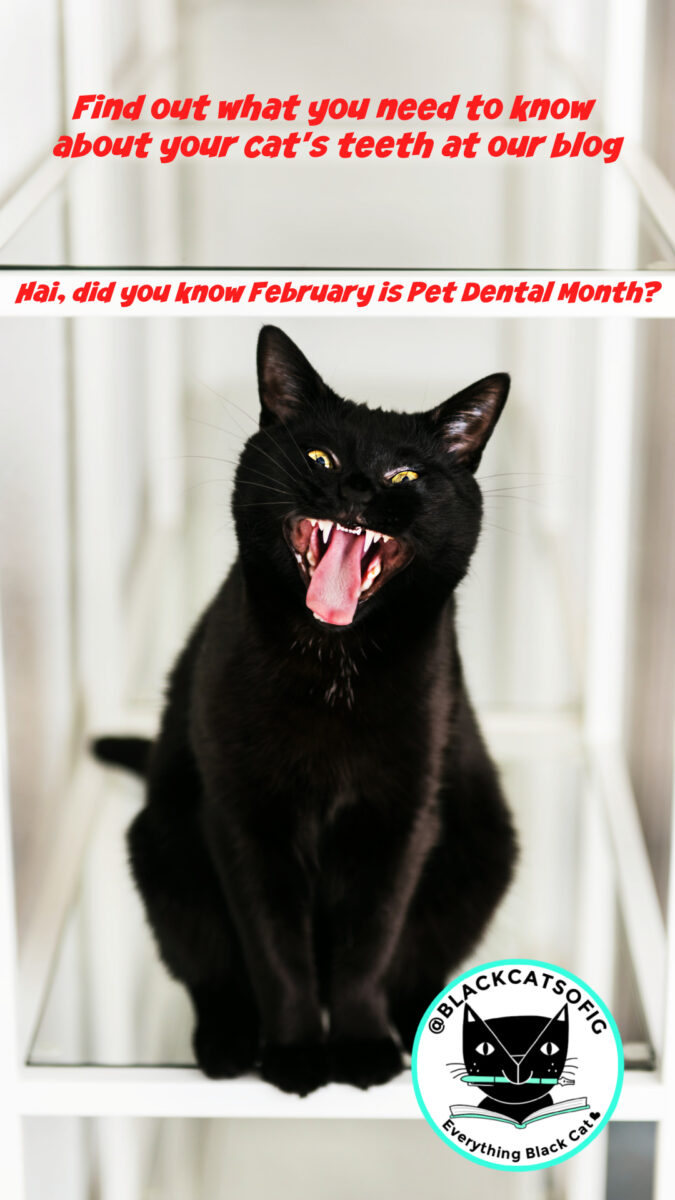
I’d love to hear your stories, tips or concerns about your cat’s dental care during Pet Dental Month in the comments.
Until next time, much love,
Layla


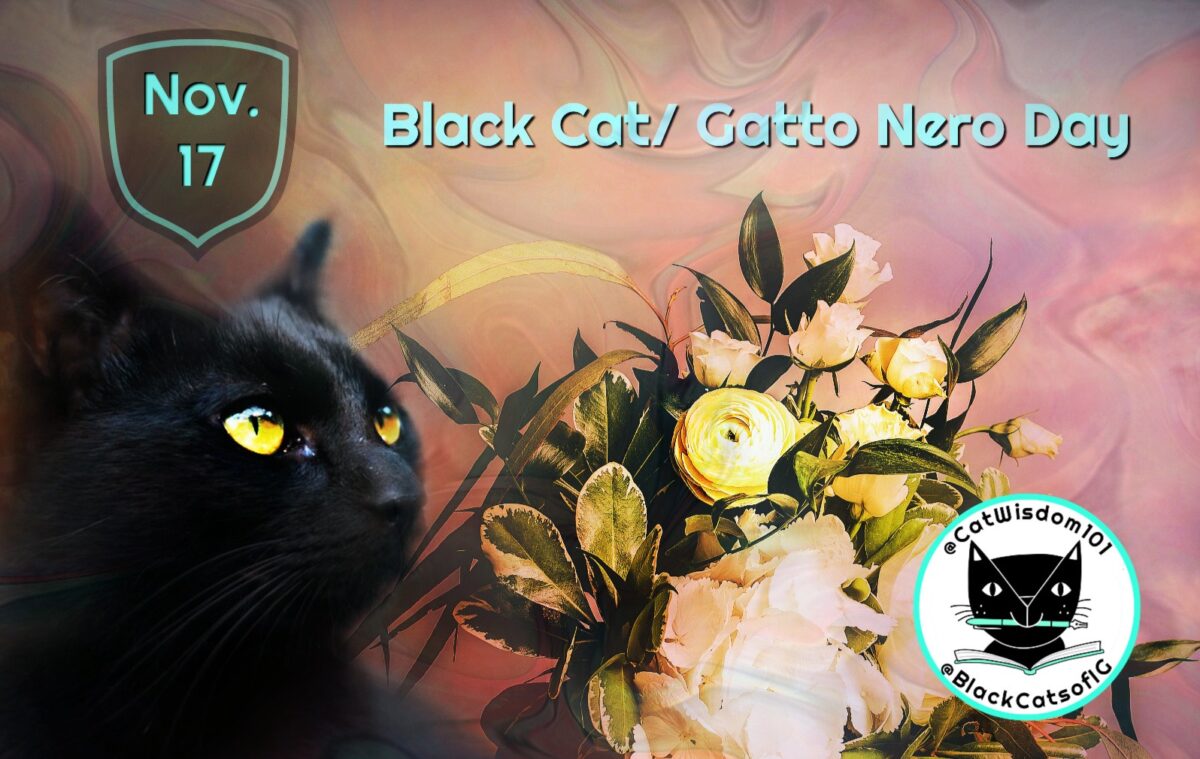
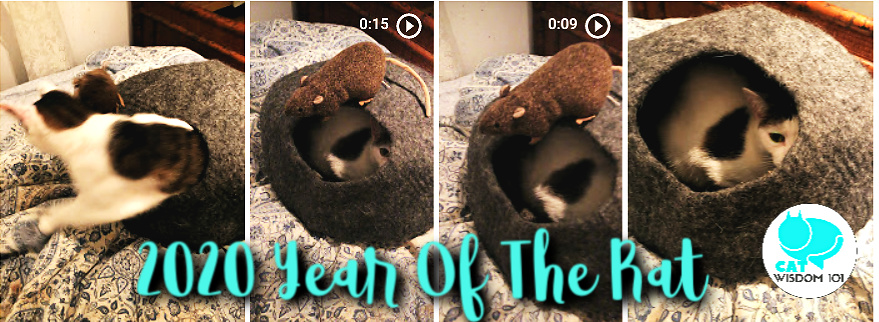

4 Comments
Amy Harlib
Astor like all my other cats preceeding him, never tolerated actual tooth brushing.
I use a combination of dental water additive, Intellident cat dental treats, Greenies cat dental treats and the highest quality freeze dried raw food diet mixed with premium organic cat foods.
Astor is only 3 years old and is doing OK so far!
Vet care in NYC is astronomically expensive compared to other locations.
Layla
Emilia. I’m so sorry to hear about this rare side effect. Thanks for sharing and please keep us posted on the continued recovery. All surgery has risk whether it’s for humans or pets. It reminds me of a case where a vet did not get the entire root out, infection spread and with it a long complicated recovery. Post surgery care is vital. It’s all the more reason my preference is for veterinary dental specialists when possible.
Emilia
I thought about that but the vet that did his surgery did X-rays before and after so I don’t think it’s a root left behind. I just want my baby to be okay.
Emilia
My 15 year old Treeno had a dental procedure to extract a couple bad teeth in October-and has been to the vet every two weeks since. He developed an auto immune reaction. He’s been on antibiotics, prednisolone, had laser therapy. It’s a nightmare. He’s finally mostly managed on daily prednisolone and bloodwork every 4-6 months. I just hope he continues to stabilize.